Deadly Ebola returns to West Africa as region battles Covid-19
Health officials in Guinea rush to contain the first outbreak of the deadly Ebola disease in the region since 2016.
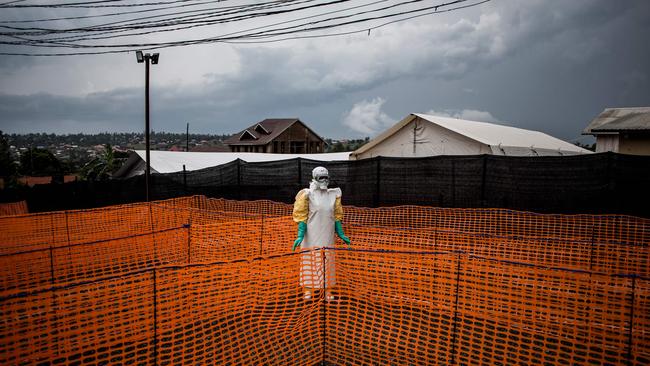
Health officials in Guinea are rushing to contain the first outbreak of the deadly Ebola disease in the region since 2016, days after authorities detected new cases of the hemorrhagic fever in the Democratic Republic of Congo, testing a continent that is already battling the coronavirus pandemic.
Guinea was one of the three most-affected countries during the 2014-2016 epidemic. The current outbreak began in late January, but was only identified as the Ebola virus on Sunday, health officials said, suggesting it may have spread substantially in the intervening weeks.
The outbreak four years ago left more than 11,000 dead across West Africa. The new outbreak comes as the continent grapples with a steady rise of coronavirus infection rates, driven at least in part by a more transmissible variant first detected in South Africa.
The outbreak also comes shortly after Congo, which has faced more Ebola outbreaks than any other nation in the world, also detected cases in the restive region of North Kivu. Health experts hope the availability of an Ebola vaccine will help bring the outbreak swiftly under control.
Guinea’s health minister Remy Lamah on Monday said the government was successfully identifying those at risk and was well prepared to combat a new resurgence. “The government calls upon the population in the affected areas to respect prevention measures,” he said.
Food insecurity fears
But aid agencies warned that the upswing in Ebola cases and Covid-19 infections could create a sequence of events that leads to major food insecurity and in the case of Congo more violence in the region.
The Ebola virus kills by shutting down the body’s organs and draining victims of the fluids that keep them alive. The virus has historically claimed as many as 9 in 10 patients, but the deployment of new vaccines and experimental treatments reduced death rates to around two-thirds during the last outbreak, according to the World Health Organization.
The WHO has pledged emergency aid and dispatched a team to work with officials from Guinea’s health ministry to the remote region of N’Zerekore, located around 800km east of the capital, Conakry, near the border with Liberia.
Nurse the first fatal case
According to the health ministry the outbreak started after a nurse at a local hospital fell sick and died on Jan. 28. At least two people who attended the nurse’s funeral have also since died after presenting with Ebola-like symptoms, including diarrhoea, vomiting and bleeding. At least four infected people were also admitted at isolation units where they are receiving treatment, the health ministry said.
Authorities sent samples from patients to the national laboratory in Conakry, which confirmed the results on Sunday. The second round of tests is being carried out at a specialised laboratory in neighbouring Senegal to identify the strain of the virus, the WHO said.
Panic has gripped the region since the outbreak was confirmed. Health authorities in Sierra Leone and Liberia have been placed on high alert and health workers have been dispatched at border crossings to screen travellers and perform surveillance.
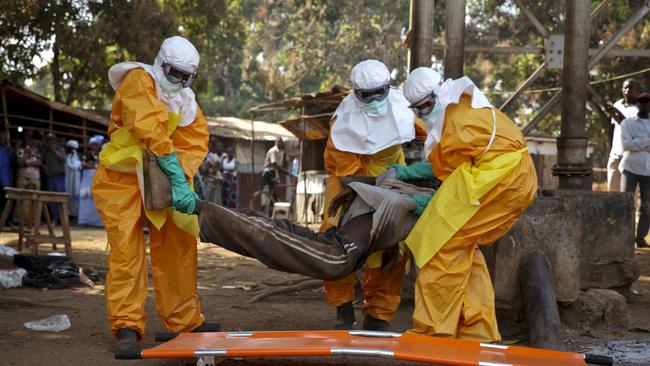
Since the end of the 2016 outbreak in West Africa, researchers have discovered new vaccines and drugs that have proved effective against the virus. Last month, the WHO said it was creating a global emergency stockpile of around 500,000 doses of the Ebola vaccine to help quell future outbreaks, although only 7,000 were available at the time of the statement.
The WHO said it would help Guinea to procure the Ebola vaccine, which has proven instrumental in controlling outbreaks in Congo. A vaccination campaign began in eastern Congo on Monday in the city of Butembo after the arrival of 1,200 doses.
But experts warn that the latest outbreak is particularly worrying for Congo, which is seeing a spike in coronavirus cases and is still reeling from the outbreak of Ebola last year.
Congo battled the disease for more than two years until the outbreak, which infected more than 3,500 people and left 2,280 dead, was declared over in June. To suppress the virus, the government had to overcome attacks on clinics and funeral workers, as well as some families that tried to hide sick relatives from authorities.
During the latest outbreak, the first new case in eastern Congo was identified as a woman whose husband survived Ebola during the last outbreak. Health officials are now racing to confirm through genomic sequencing whether the woman may have contracted Ebola from her husband, since the virus can sometimes linger in the bodily fluids of survivors.
“These communities are still trying to rebuild from the impact the last Ebola outbreak had on their health systems, as well as the emotional trauma from an increase in violence, particularly against women — all whilst fighting Covid-19,” said Kate Moger, International Rescue Committee’s regional vice president.
Wall Street Journal

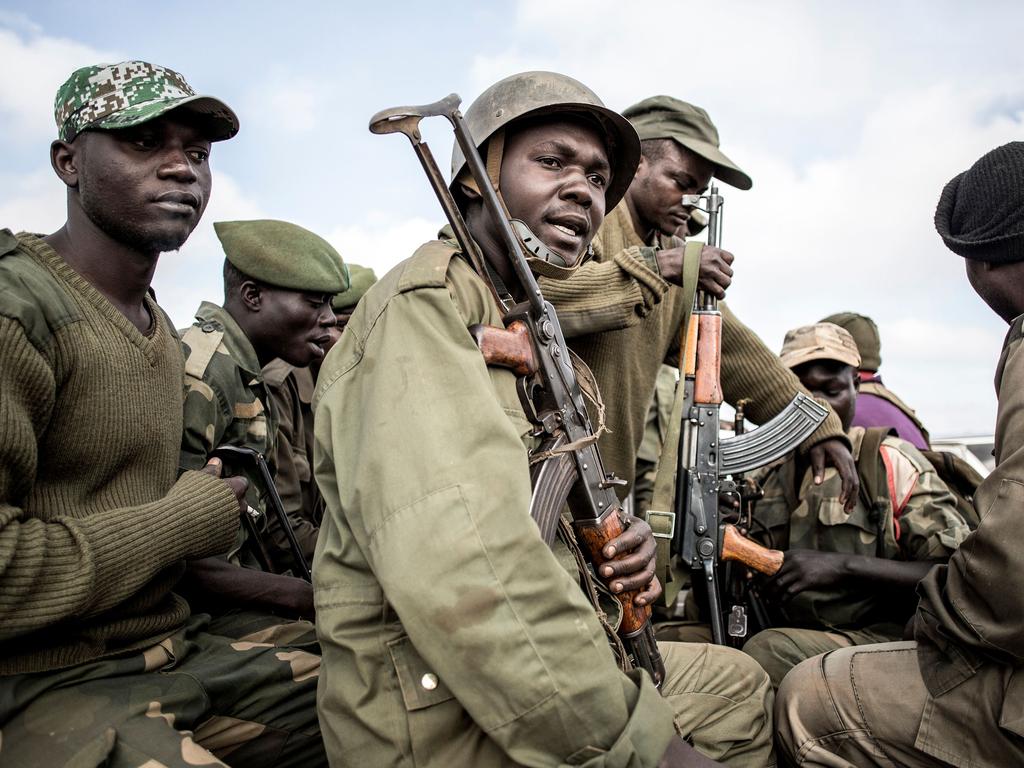
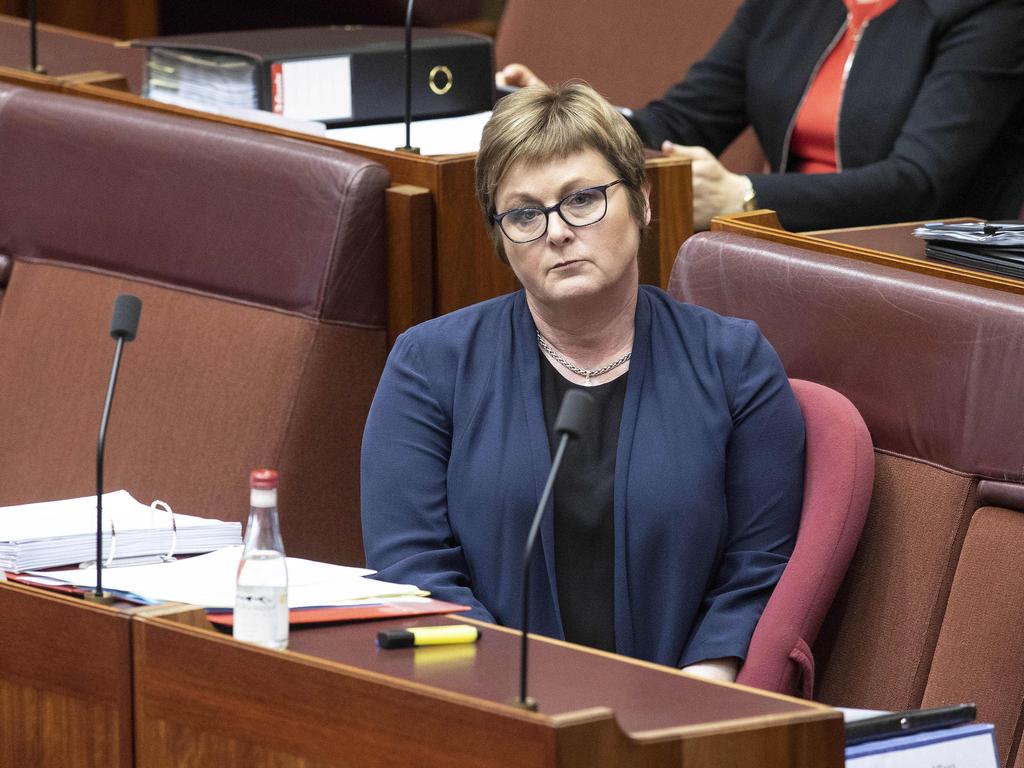



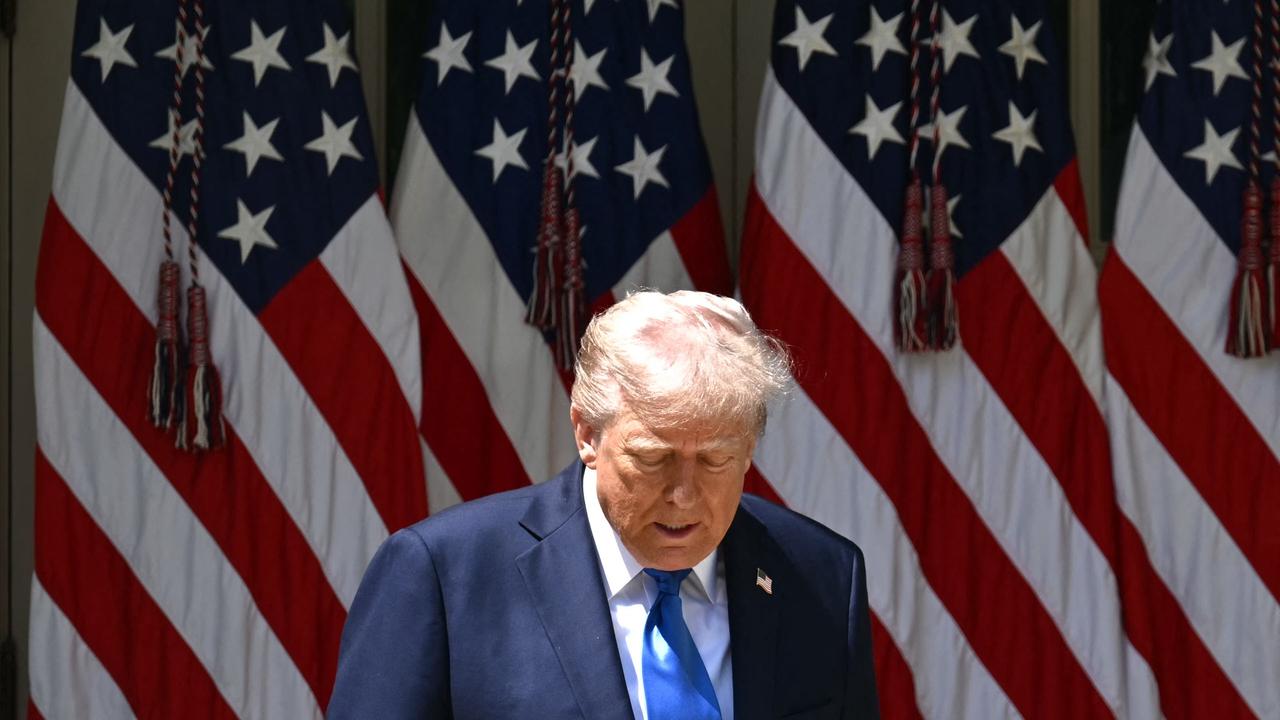
To join the conversation, please log in. Don't have an account? Register
Join the conversation, you are commenting as Logout